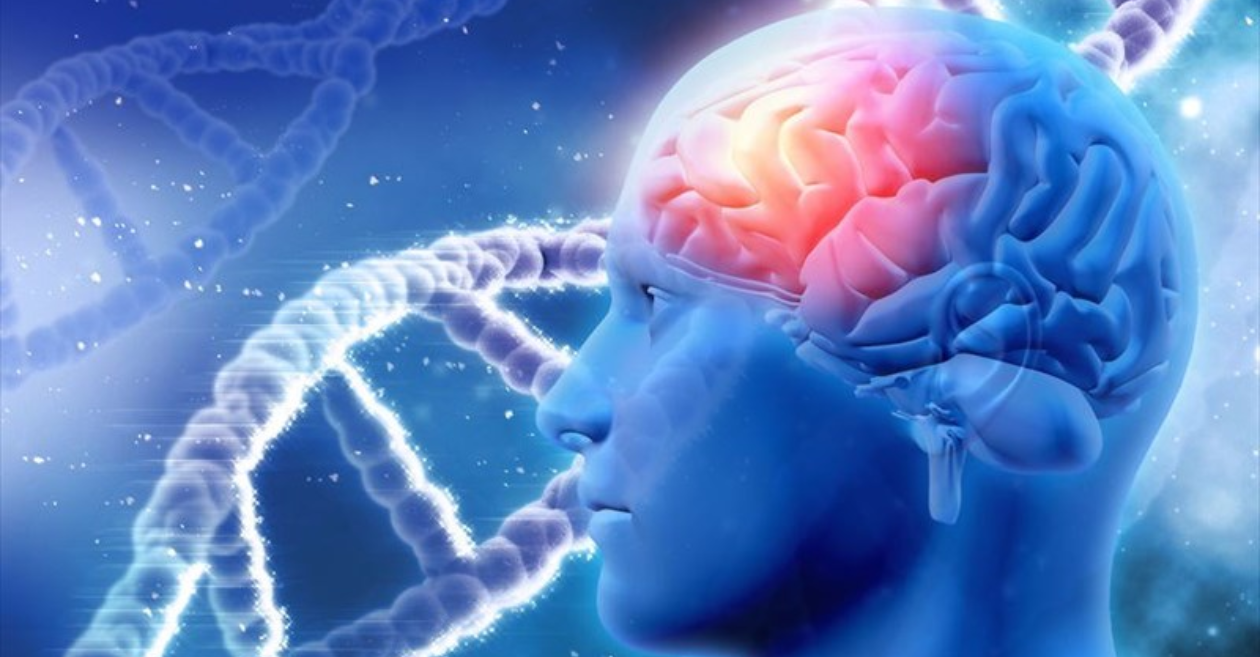


Alzheimer's is like an unwanted visitor stealing memories and clear thinking. Let's figure out why it happens by looking at what causes it. Understanding these reasons is like putting together puzzle pieces to face this tough challenge that slowly takes away memories and thinking abilities.
People Also Read: What Country Is Rashford From?
Genetics plays a significant role in Alzheimer's disease, with certain genes increasing the risk of developing this condition. The APOE gene, in particular, comes into focus, and variations like APOE ε4 are associated with a higher likelihood of Alzheimer's. However, it's important to note that having these genetic markers doesn't guarantee the development of the disease.
Imagine your brain as a bustling city, and amyloid plaques as unwanted debris clogging the streets. In Alzheimer's, these plaques, primarily made of beta-amyloid protein, accumulate and disrupt communication between brain cells.
Another culprit within the brain's intricate network is the tau protein. In Alzheimer's patients, tau proteins twist into tangles, destabilizing the structure of nerve cells. This disrupts the transport system within cells, causing them to malfunction and eventually die.
A healthy heart often leads to a healthy mind. Conditions like heart disease, high blood pressure, and diabetes are linked to an increased risk of Alzheimer's. Adopting a heart-healthy lifestyle, including regular exercise and a balanced diet, can play a pivotal role in reducing this risk.
Keep your brain on its toes! Engaging in mentally stimulating activities, such as puzzles, reading, or learning new skills, can contribute to cognitive resilience and potentially lower the risk of Alzheimer's.
Inflammation in the brain, whether triggered by infections, chronic diseases, or other factors, has been identified as a potential contributor to Alzheimer's. Taking steps to manage inflammation through a healthy lifestyle may help in reducing this risk.
A significant blow to the head, be it from a fall or a sports-related injury, can increase the risk of Alzheimer's. Protecting your noggin and seeking prompt medical attention after any head injury is crucial.
Exposure to certain toxins and pollutants might contribute to the development of Alzheimer's disease. While more research is needed, minimizing exposure to harmful substances in the environment is a wise precaution.
| Causes | Impact on Alzheimer's Risk |
| Genetics (APOE ε4) | Elevated risk, but not a guarantee |
| Amyloid Plaques | Disrupt communication between brain cells |
| Tau Tangles | Destabilize nerve cell structure, leading to dysfunction |
| Cardiovascular Health | High blood pressure, heart disease, and diabetes increase risk |
| Mental Stimulation | Engaging in mentally stimulating activities may lower risk |
| Chronic Inflammation | Ongoing inflammation linked to Alzheimer's risk |
| Head Trauma | Significant head injuries elevate the risk |
| Environmental Toxins | Potential link; minimizing exposure is advised |
To understand Alzheimer's, we look at things like genes, how the brain works, lifestyle choices, inflammation, and the environment. Although there's no sure way to prevent it, living a brain-healthy life and knowing about these factors can give us strength in the battle against Alzheimer's.
While certain genes, like APOE ε4, increase the risk, it's not a certainty; lifestyle and environment also play vital roles.
Amyloid plaques disrupt communication between brain cells, a key factor in the development of Alzheimer's disease.
Yes, conditions like heart disease and high blood pressure elevate the risk, highlighting the importance of a heart-healthy lifestyle.
Engaging in mentally stimulating activities can contribute to cognitive resilience, potentially reducing the risk of Alzheimer's.
Head trauma and exposure to toxins may elevate the risk; minimizing such exposures is advised for brain health.

Looking to shed some extra pounds? Op

In the expansive realm of healthcare,

Disease X is a mysterious term in the

Anxiety is a feeling of fear, dread,

In the realm of health, few challenge

Understanding how medicine keeps us h
Trash to treasure: How Google thinks
Spring Fashion Show at the University
Matter of Impact: April updates from
Android Enterprise security delivers
We are not gonna make spamming
Copyright By@TheWebTrends - 2023
BACK TO TOP